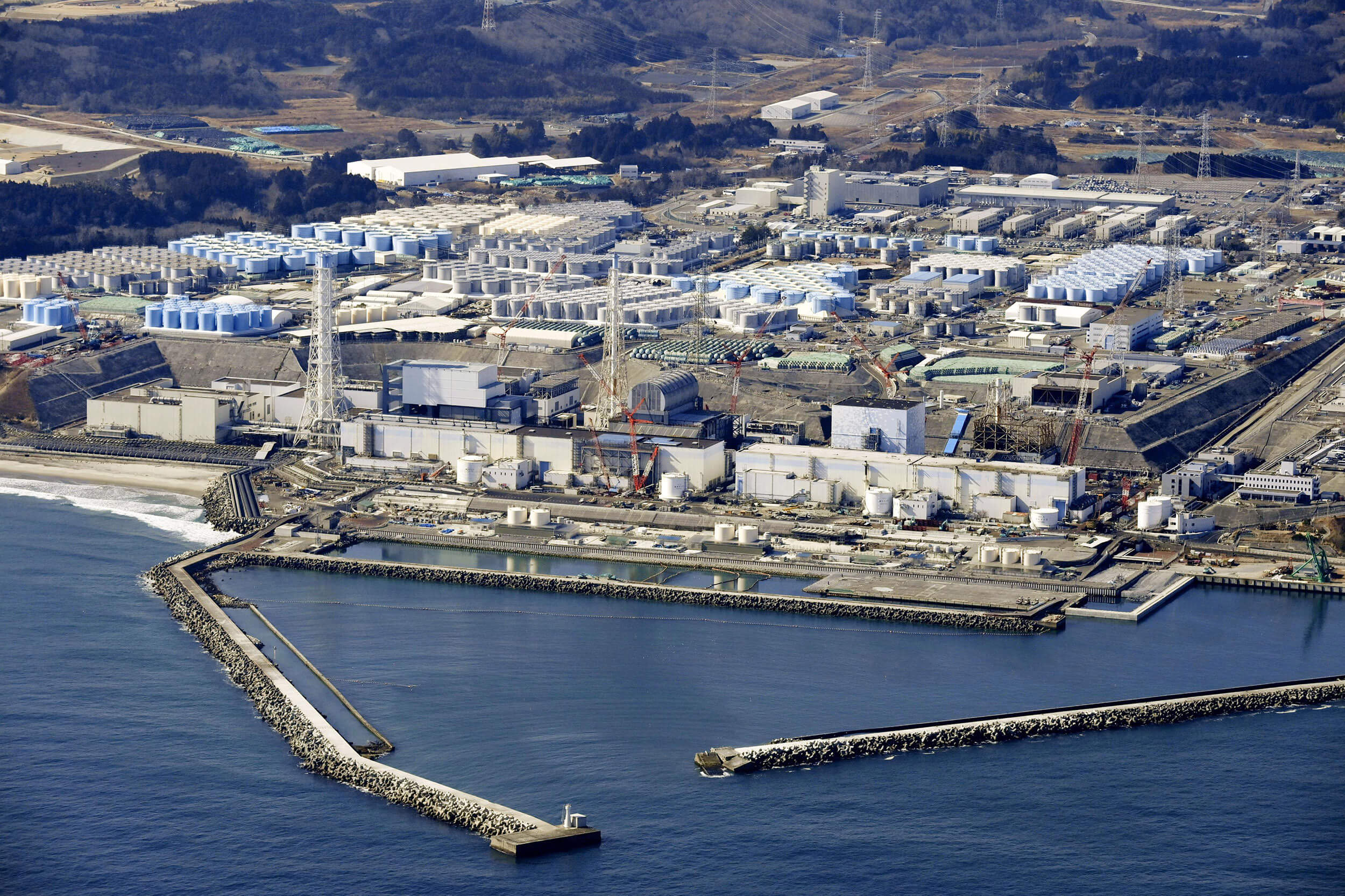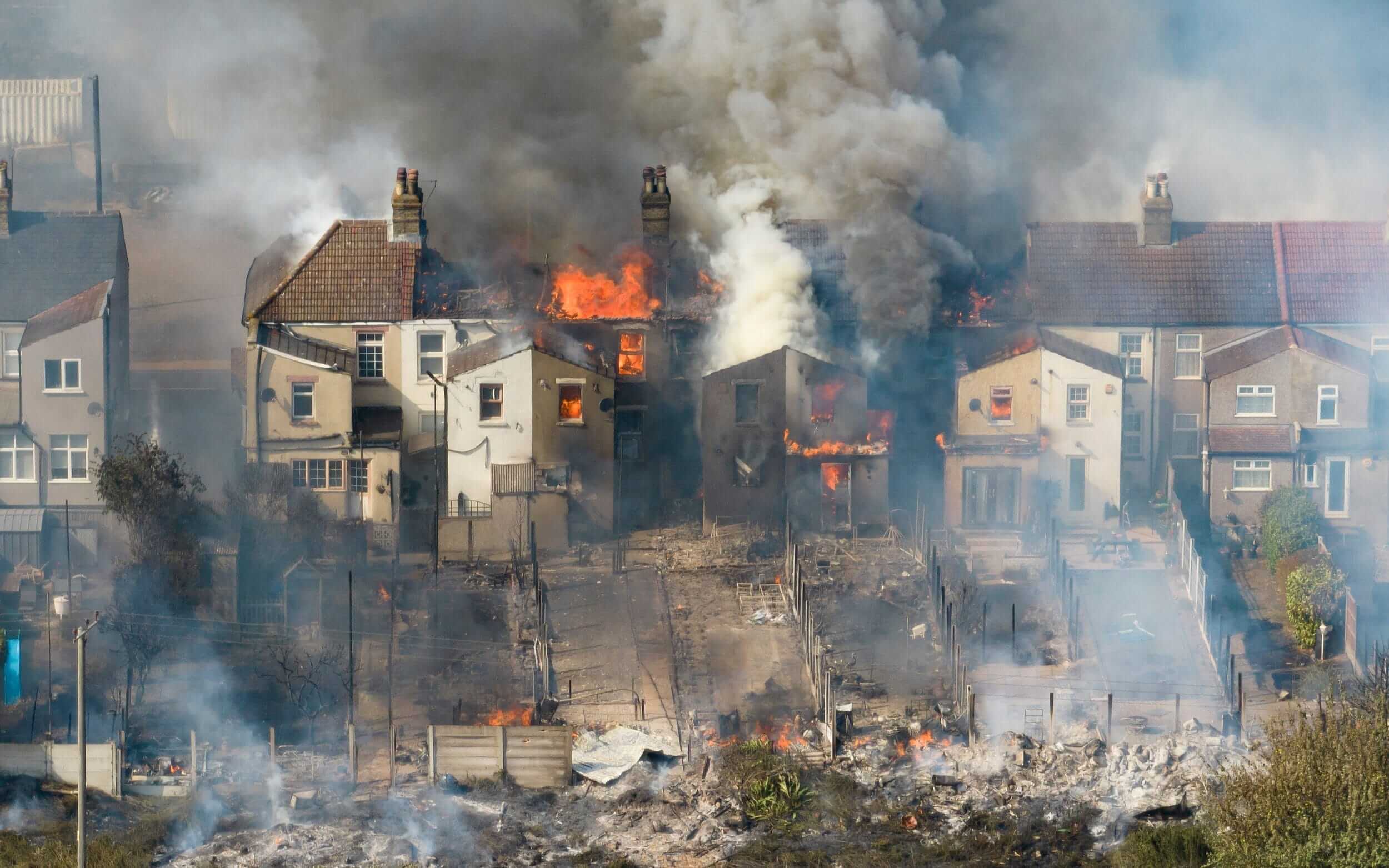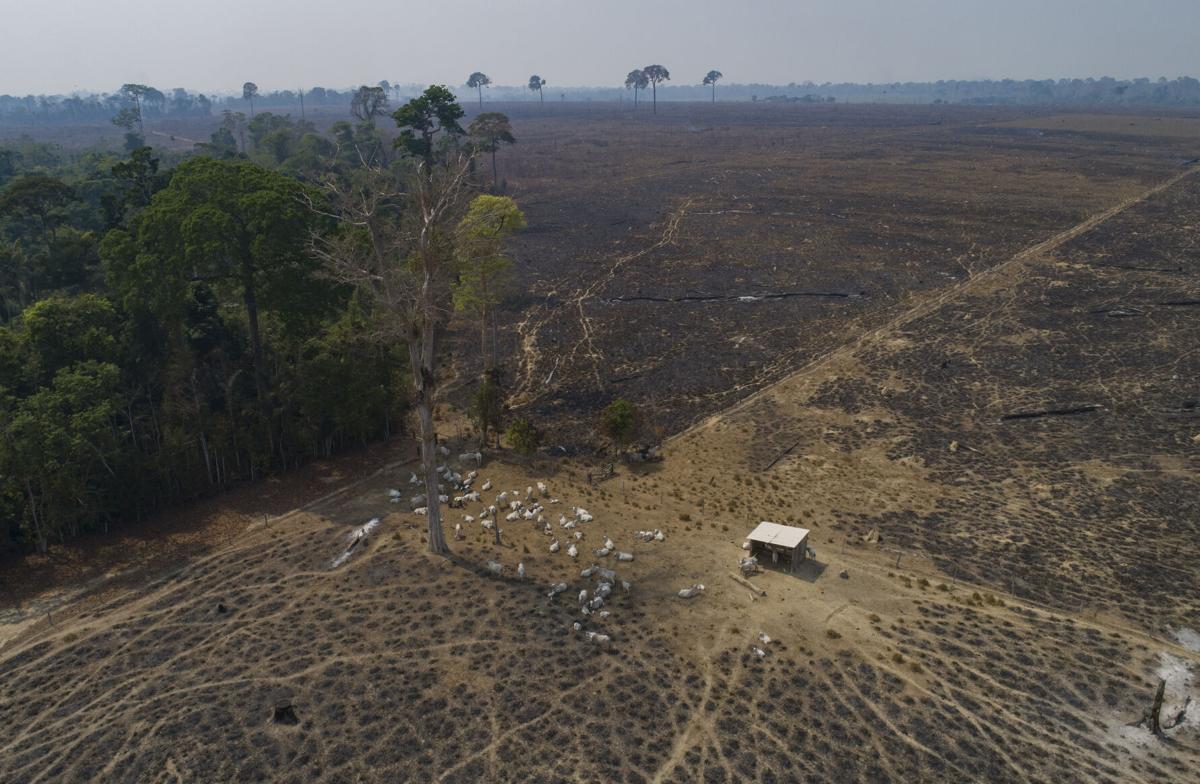I’m really holding my head in my hands in despair at the state of climate action recently. Or, should I say, climate inaction. Time and time again the world has been told by scientists that we need to act now to stop climate change, and time after time we have ignored these warnings and continued on as if nothing’s wrong.
Something is very wrong. The NetZero targets are there, and countries around the world have pledged to meet them, but what good are pledges if there is no real action? Ultimately, the problem seems to be that not enough people actually care to make a difference. So, forgive the rant, but I think it’s necessary to highlight some recent things that have utterly frustrated me.
Disaster After Disaster

Back in April 2021, the Japanese government garnered heavy scrutiny when they announced their plans to dump radioactive wastewater from the Fukushima nuclear plant into the ocean. Fast forward to now, and that reality is coming frighteningly closer.
Over a million tonnes of wastewater, enough to fill 500 Olympic swimming pools, is being stored in the plant, and the government wants to get rid of it. Their answer? Pour it all into the ocean, a process that will take decades to complete.
Although the International Atomic Energy Agency (IAEA) has deemed the initiative ‘technically feasible’, it is still receiving heavy backlash from both environmental activists and fishermen in the local area. After the Fukushima disaster in 2011, 55 countries introduced restrictions on Japanese food imports. Five countries – China, South Korea, Taiwan, Hong Kong and Macau – still have those restrictions in place, and fishermen are worried that wastewater dumping will cause this list to increase.
Turning Up the Heat

We’ve already spoken about how dangerous urban heat is, and the last couple of weeks have only proven our concerns. We’ve seen wildfires sweep across Europe, and UK temperatures hit shocking heights, with the temperature reaching 40.3C in Lincolnshire, marking July 19th as the hottest day ever recorded in the UK.
Now, the fire chiefs are warning UK citizens and fire brigades to be prepared for further wildfires. In just the first half of this year, England and Wales have experienced 442 wildfires, compared to 247 the whole of last year. With temperatures increasing year on year, there will be more heat waves and more extreme weather events.
It’s not just the UK, either. In China, temperatures in 300 cities have been consistently reaching above 37C over the last few weeks, leading to blackouts as electricity grids have been under immense pressure. In Guangdong province, electricity load has increased 4.89% since last year. Every degree increase above 35C requires an extra 3-5 million kilowatts, something that leads to more coal fired plants being needed.
Where once we talked about climate change as a distant scenario, the effects are now being seen in real time. And these effects will only increase in their severity, feeding the flames even more.
The Amazon is Dying

The Amazon Rainforest, one of the world’s most diverse natural resources and most vital ‘carbon sink’, is under attack. Since Bolsonaro’s election in January 2019, he has made good on his pledge to make more money by cutting the forest down. With more awareness of the issue and a greater pressure to achieve NetZero targets, one might think that the problem is slowly being resolved. However, the exact opposite is true.
2022 has hit a new record for amount of land deforested in the Amazon, an area of 3980 square kilometres, equivalent to the size of New York City five times over. This is just in the first six months of this year, so this number will continue rising.
It hasn’t always been this way. Between 2004 and 2012, deforestation in the Amazon dropped 80% due to increased activity from the Brazilian government to protect the forest. Now, however, Bolsonaro has no commitment to change his policy, even stating that he believes the Amazon has been too protected in the past. For him, profit trumps all.
Climate action doesn’t work when it’s intermittent. Governments can’t pick and choose when to take a stand depending on their convenience. The inaction from the Brazilian government, and governments across the world, have now caused deforestation numbers to rebound at terrifying levels. Maybe this record will be a catalyst for change, but we can’t wait any longer, or we’ll irreparably damage one of the world’s most important features.
As more of the Amazon is deforested, more of its captured CO2 – which totals a quarter of all human carbon from the past 50 years – is released back into the atmosphere, turning the forest from a carbon sink into a huge carbon emitter as the vicious cycle of cutting down and burning continues. If the Amazon were to be destroyed completely, 10x the globe’s total CO2 would be released, triggering a massive tipping point in the climate crisis that we will unlikely be able to come back from.
What Happens Next?
Everything seems a bit dour on the climate front at the moment. The world seems to be taking one step forward and two steps backwards in the face of the current crisis. How can world governments face the public and pledge to hit NetZero targets, when right under everyone’s noses climate destruction statistics are only getting more dire?
It frustrates me, and it should frustrate you too.
We are only as good as our actions. It’s all well and good to sit and waffle on about the impacts of climate change, but the time is now to act. As we continue to talk about the climate crisis still in the future and not in the present, we are letting governments and corporations continually get away with poisoning our planet.
The climate villains aren’t resting, so why should we?

Share your thoughts
No Comments
Sorry, the comment form is closed at this time.